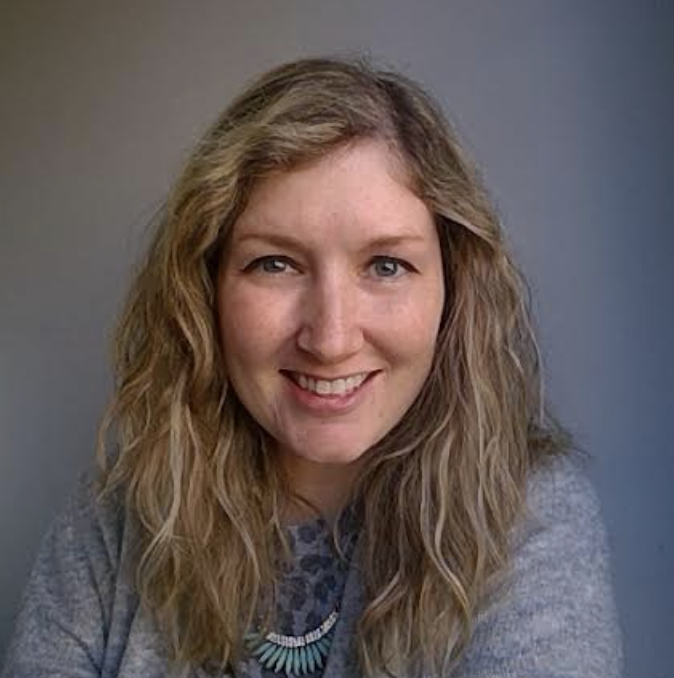What Disney’s Encanto Teaches Us About Families, Autism, and Managing Expectations
Let’s talk about the family Madrigal from Disney’s Encanto to see what we can learn as parents and families with both neurotypicals and members with autism spectrum disorder (ASD). I’ll try to be as spoiler-free as possible, but if you haven’t yet checked out Encanto, you should! Many families can relate to the roles all of us have stepped into at one time or another to help keep the family running strong.
As a special educator and part of a family that has a member with autism, this one hit me in the gut as I processed and connected with the characters’ gifts. We can also use some of these tropes to be aware of self-imposed or unintended expectations that we place on each other as we work through the challenges of being a part of a family with ASD or other disabilities.
Camilo:
This cousin isn’t on screen much, but his “schtick” is being the clown. He will do anything to make people laugh and reduce a moment’s tension. Sometimes this can help work through painful situations, but Camilo needs opportunities and outlets to be honest and true about his feelings. Then too, when someone has a meltdown, making light of it can be helpful in the short term, but may limit that member’s long-term ability to cope and handle their emotions.
How to spot a Camilo:
Makes a joke or deflects when things are serious or people are upset and rarely weighs in on serious matters.
Isabella:
When there are other siblings with significant needs, one with fewer challenges might aim to never be a “problem,” or even “perfect” to relieve the family’s stress. The pressure of being that golden child can hold that sibling back from branching out or taking risks so as not to risk being a disappointment or burden. When someone needs a lot of medical or behavioral management, trying to be perfect can be easier than what Isabella really wants. And while that self-imposed pressure may hold less risk, it can challenge this member’s ability to handle disappointment and failure.
How to spot an Isabella:
Has the illusion of perfection—perfect grades, athletics, friends, spouse, and children—but trust me, no one is perfect.
Luisa:
This role is that of advocate, the muscle, the “doer.” Their worth is measured by the service to the family in shouldering the burdens that others can’t handle. The challenge here is that everyone has a breaking point and whether intentional or not, we need to be careful not to fall into the Luisa trope or we may indeed “tick, tick, tick till it’s ready to blow.” Juggling paperwork, appointments, caregiving, scheduling events, and long-term financial planning can become crushing weights. When the Luisa in our family does blow, it usually ends up as a volcano.
How to spot a Luisa:
When something is wrong, this is the person everyone calls or vents to. This is the problem solver, the one who can make everything better. When there are family crises, this is the person calling the shots, delegating, and putting on a brave face.
Bruno:
Sometimes the Bruno in a family is the one with a disability, but sometimes they’re a sibling just grappling with where they fit. They love their family but maybe aren’t sure how to help or where to start. Most families with disabilities or autism don’t have much experience or background in what that means or where to start in supporting every member. It can be overwhelming and end up sending a family’s Bruno to the sidelines. Our Brunos need to know they are accepted for who they are, and they add to our family just by being part of it and standing with us. We need to talk about Bruno so they recognize their value and worth.
How to spot a Bruno:
This may be the one who’s a focus of family gossip, or they may be seen as aloof or uninvolved. They may be called the family weirdo or black sheep and often end up a scapegoat.
Mirabel:
I’ll limit the spoilers, but Mirabel is the glue and family peacemaker. She has strength like Luisa, but it’s more the role of smoothing over differences and seeing others’ perspectives. The challenge for the Mirabels is that in handling so many other people’s problems, they may not be able to see their own contributions to the family. There have been other takes on Mirabel, like a personification of a disabled family member, but in any case, I stand by the point that her main challenge is not recognizing her own strengths.
How to spot a Mirabel:
This member has the best relationships with the most family members. They may be the listener of the family.
Abuela:
When you start a family, you don’t know what you’re walking into; it’s a wild card from the beginning. Sometimes we grieve for what might have been and the biggest challenge is finding joy and appreciating what we have—maybe that celebration is in using a communication system, potty training, living independently, or in our children finding love. Even if our family doesn’t look like what we thought it would when we started our journey, the key is to see the beauty in what we have and to love the individuals for who they are—not because of their abilities or talents—but because they are family.
There are many more amazing members of the family Madrigal, but the big takeaway is that each person is more than their contribution to our families or our community—their value is in their diverse humanity. When we start to lose sight of the individual, we slip into the same trap Abuela fell into.
Keep an eye out for these tropes that may unintentionally trip us in our families or communities, and work to help support each other. We don’t need to be strong or perfect all the time, and we need to recognize that we all are special just the way we are. Once we are able to value the individual with or without ASD or a disability, we can heal the cracks in our foundation to build stronger families and communities.
What characters from Encanto resonate most with you? What are the takeaways that you find for our families with ASD?
We hope you enjoyed the information in this article. STAGES® Learning also offers free downloadable resources to support teaching and learning with individuals with autism. Start with our free Picture Noun Cards and see our collection of other downloadable resources here!

Frankie Kietzman, Ed.S.
Frankie Kietzman is a Sales Development Associate for STAGES Learning with experience teaching as an elementary teacher, self-contained autism teacher for elementary and secondary students, autism specialist and coach for teachers dealing with challenging behaviors. Frankie’s passion for supporting children and adults with autism originates from growing up with her brother who is deaf and has autism. As one of her brother’s legal guardians, she continues to learn about post-graduate opportunities and outcomes for people with autism. Frankie has a Bachelor’s degree from Kansas State University in Elementary Education, a Master’s degree in high and low incidence disabilities from Pittsburg State University and in 2021, completed another Master’s degree in Advanced Leadership in Special Education from Pittsburg State University.




